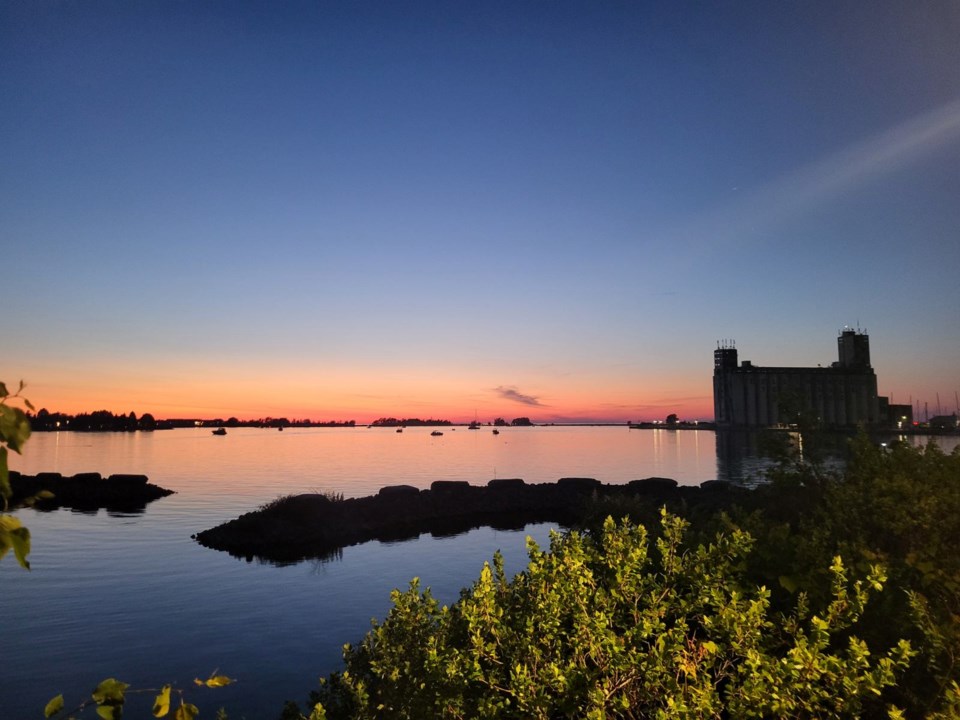Town staff have laid the groundwork to bring a municipal accommodation tax to Collingwood.
During their committee of the whole meeting on Nov. 18, councillors got a first look at a new municipal accommodation tax (MAT) for the municipality, which will charge four per cent tax on all short-term rentals, hotel/motel stays or bed and breakfasts.
The move is expected to bring in between $900,000 and $1.2 million per year to the town coffers, which would then be split between the municipality (40 per cent of the revenue) and a new Collingwood not-for-profit third-party tourism entity (60 per cent) that would be formed if the tax is approved.
The tax is expected to go into effect as of March 1, 2025, subject to council's final approval.
“I know that we have not historically had any plan as far as I could tell for tourism...but I’m so excited to see an action plan with almost three dozen points that we can pursue,” said Mayor Yvonne Hamlin. “This is a well-thought-out approach.”
Tourism represents 35 per cent (4,715) of jobs in Collingwood and has seen growth of approximately 764 jobs between 2020 and 2023. The industry represents approximately 5,003 businesses in Collingwood and the town welcomes an average of 400,000 visitors annually.
The revenue the town receives through the tax could be used to help implement the town’s new tourism master plan, which was also presented during Monday’s meeting.
Completed by consultant Bannikin Travel & Tourism Ltd., the plan includes not only the suggestion to create the new non-profit third-party organization to oversee tourism, but also makes suggestions such as developing a system to monitor tourism impacts such as audits and annual reviews, piloting a pedestrian street program, producing a four-season visitor guide, creating a visitor kiosk, communicating regularly with tourism stakeholders and establishing a clear tourism brand for the town.
“Each of our other neighbouring municipalities – be it Wasaga Beach, Clearview or Town of the Blue Mountains – they each bring something unique and different,” said Coun. Steve Perry during council discussion. “I think it’s important we partner with them as much as possible.”
Coun. Deb Doherty said she understands the need to have both a regional tourism plan, and a municipally specific one that is “Collingwood-centric.”
“I understand the need for a regional, collaborative focus, but at the end of the day we need to develop a unique brand and strategy,” she said.
If the MAT is approved by council, the town would enter into a single source, non-standard procurement agreement with the Ontario Resort, Hotel and Motel Association (ORMHA) for collection of the town’s MAT for a five-year period. After the five years is up, the town would explore the option to bring the services in-house.
The new not-for-profit third-party tourism entity would establish an interim board of directors representative of key tourism industry stakeholders.
In the Town of the Blue Mountains, their new MAT is planned to go into effect on Jan. 6, 2025, also sitting at a four-per-cent tax. The Town of Wasaga Beach is currently undertaking community consultations regarding implementing a MAT in 2025.
“This is a great presentation and a very detailed report,” said Deputy Mayor Tim Fryer. “It’s a significant step.”
At the end of discussion, council voted unanimously in favour of endorsing the new tourism master plan, and directing staff to bring forward a bylaw to implement a MAT in Collingwood. Coun. Brandon Houston is on a leave of absence.
All decisions made during a committee of the whole meeting need to be ratified by council before going into effect. The next regular council meeting is Dec. 2.



